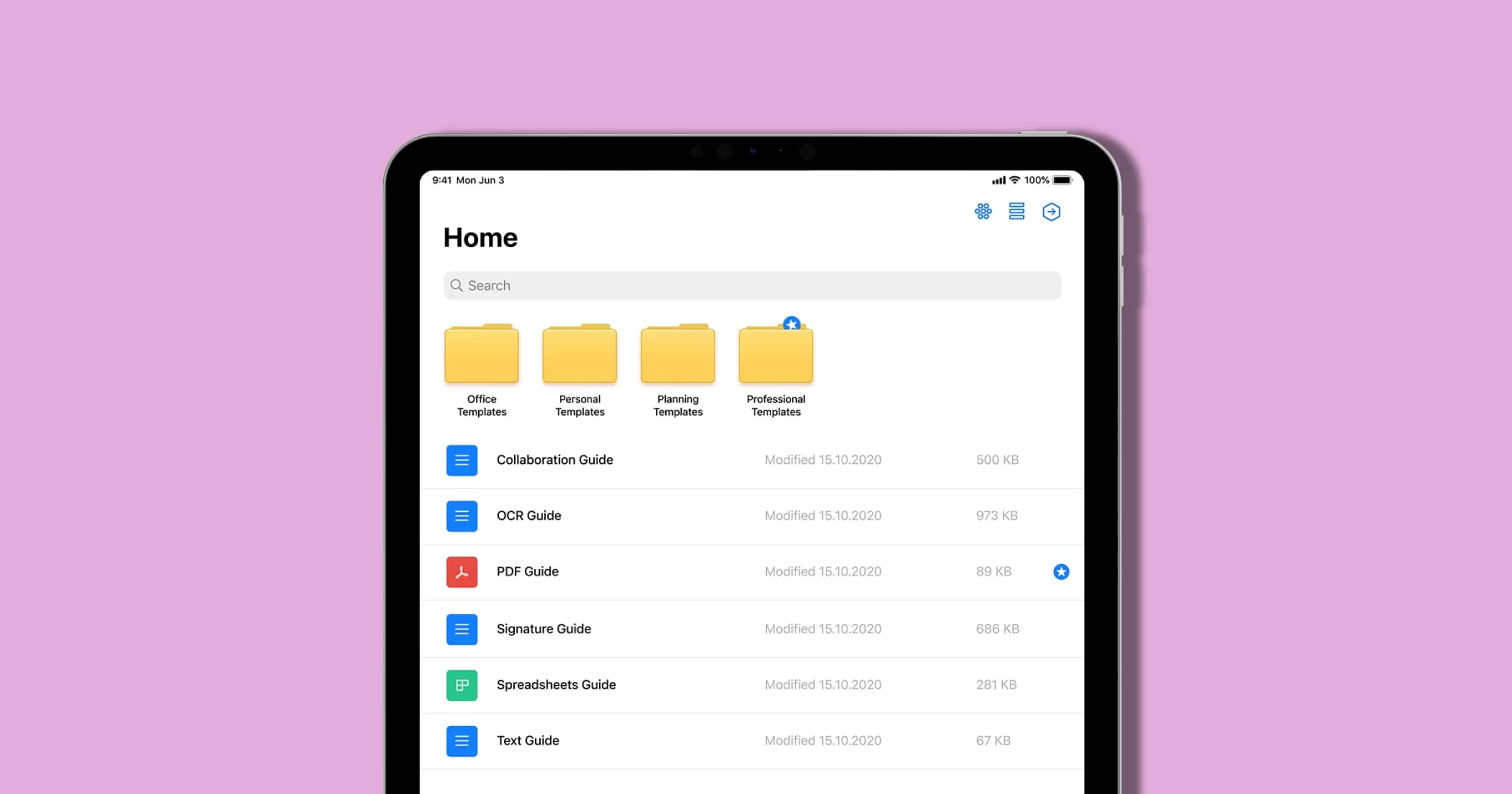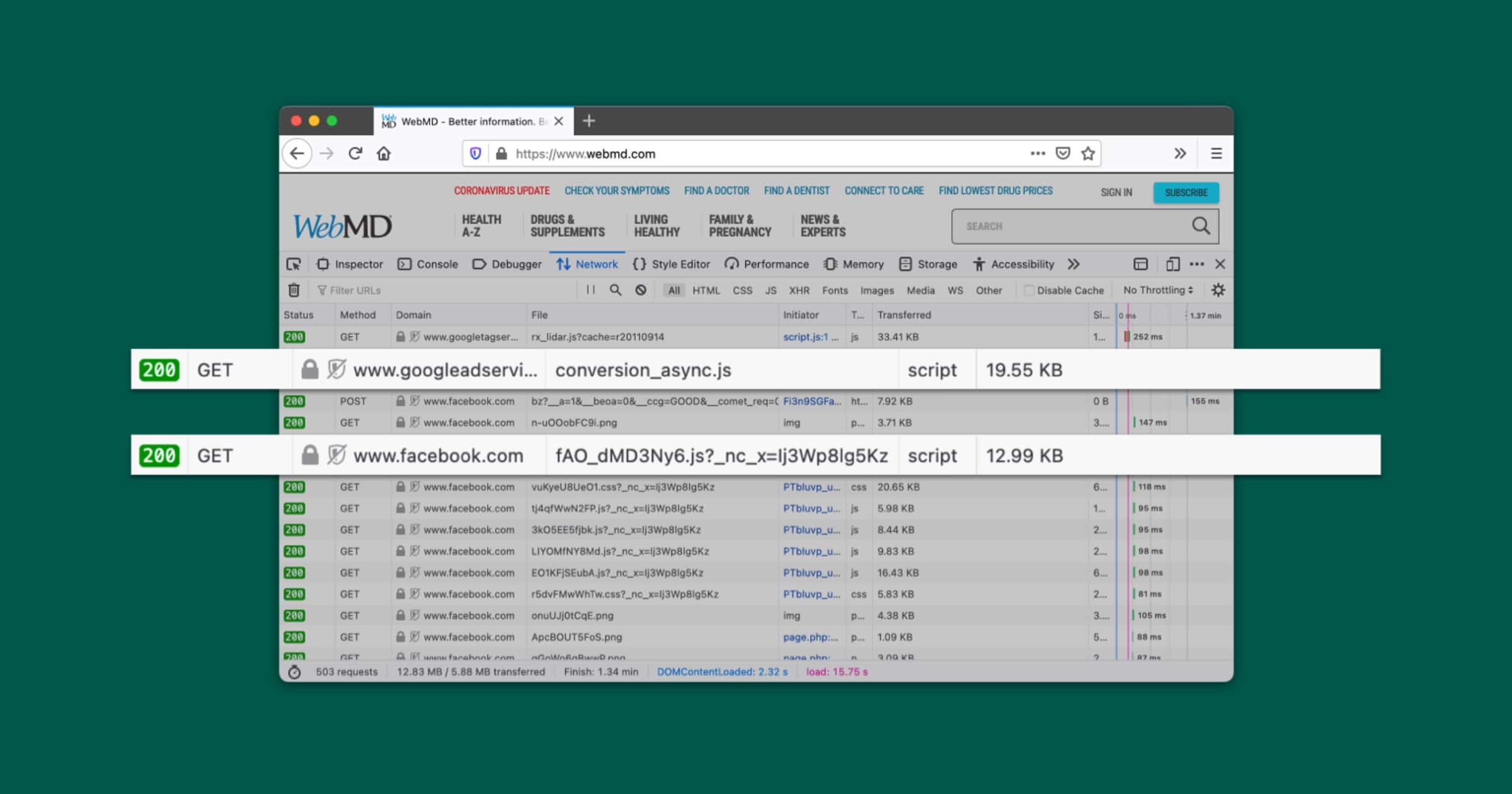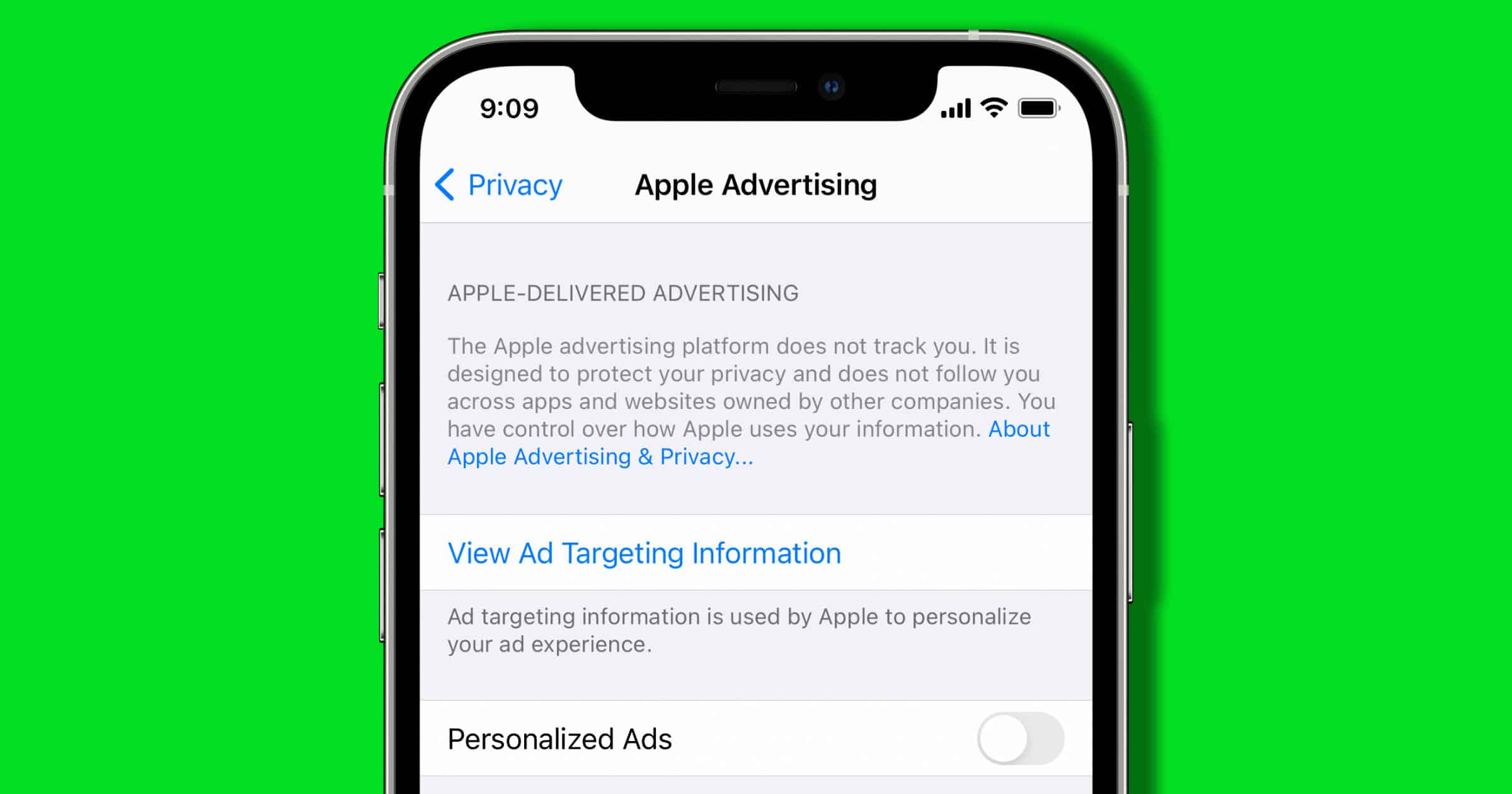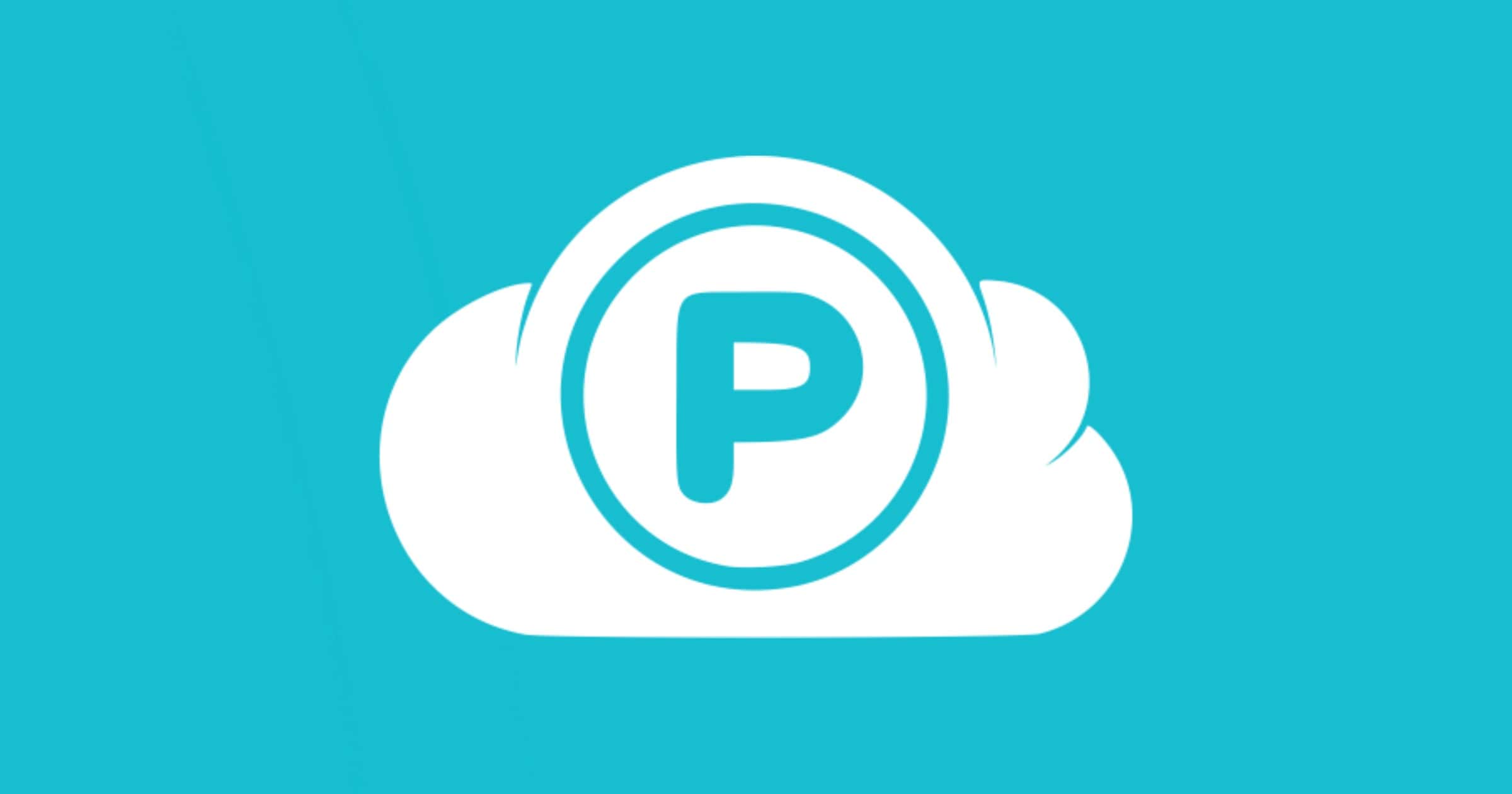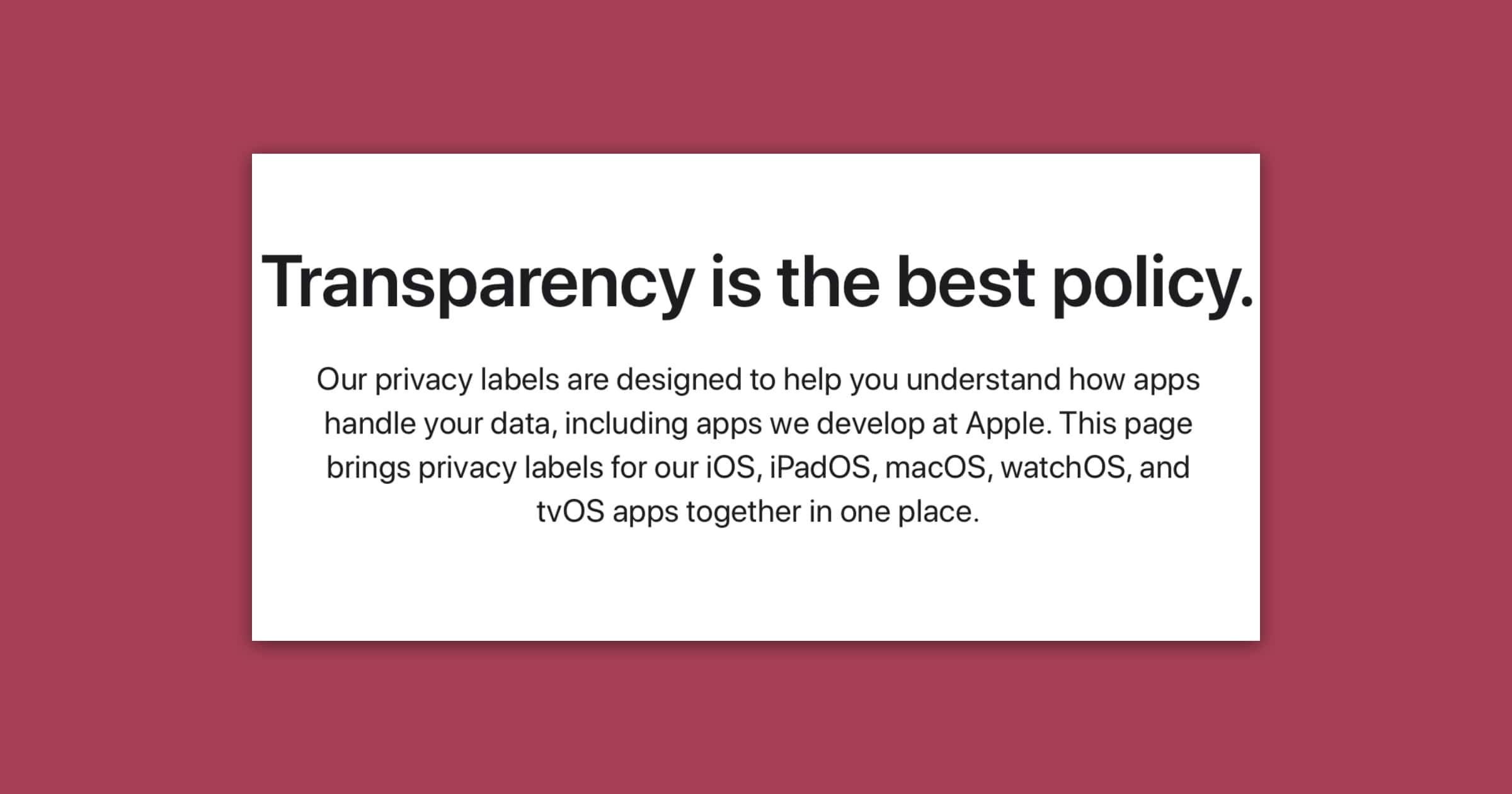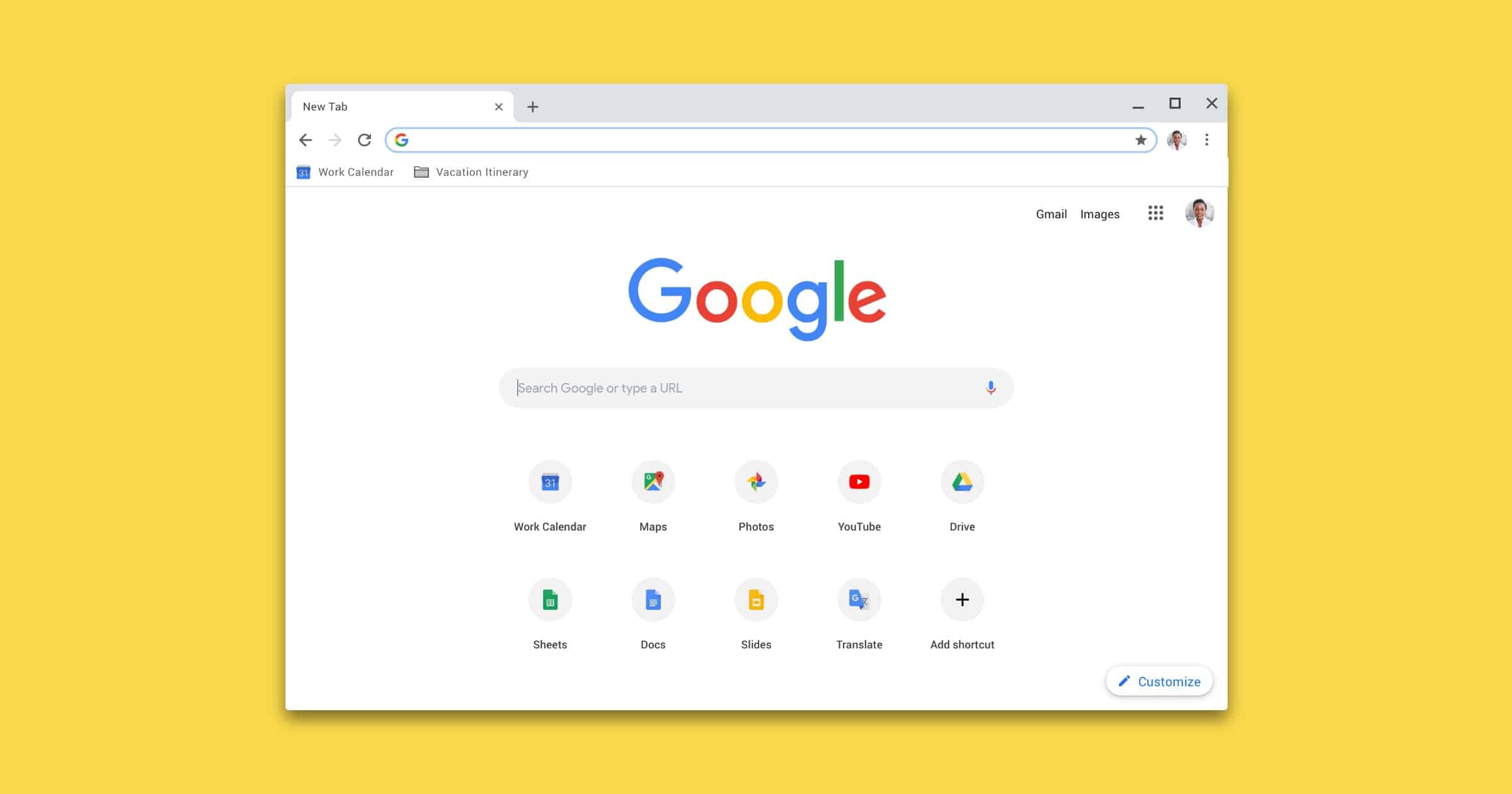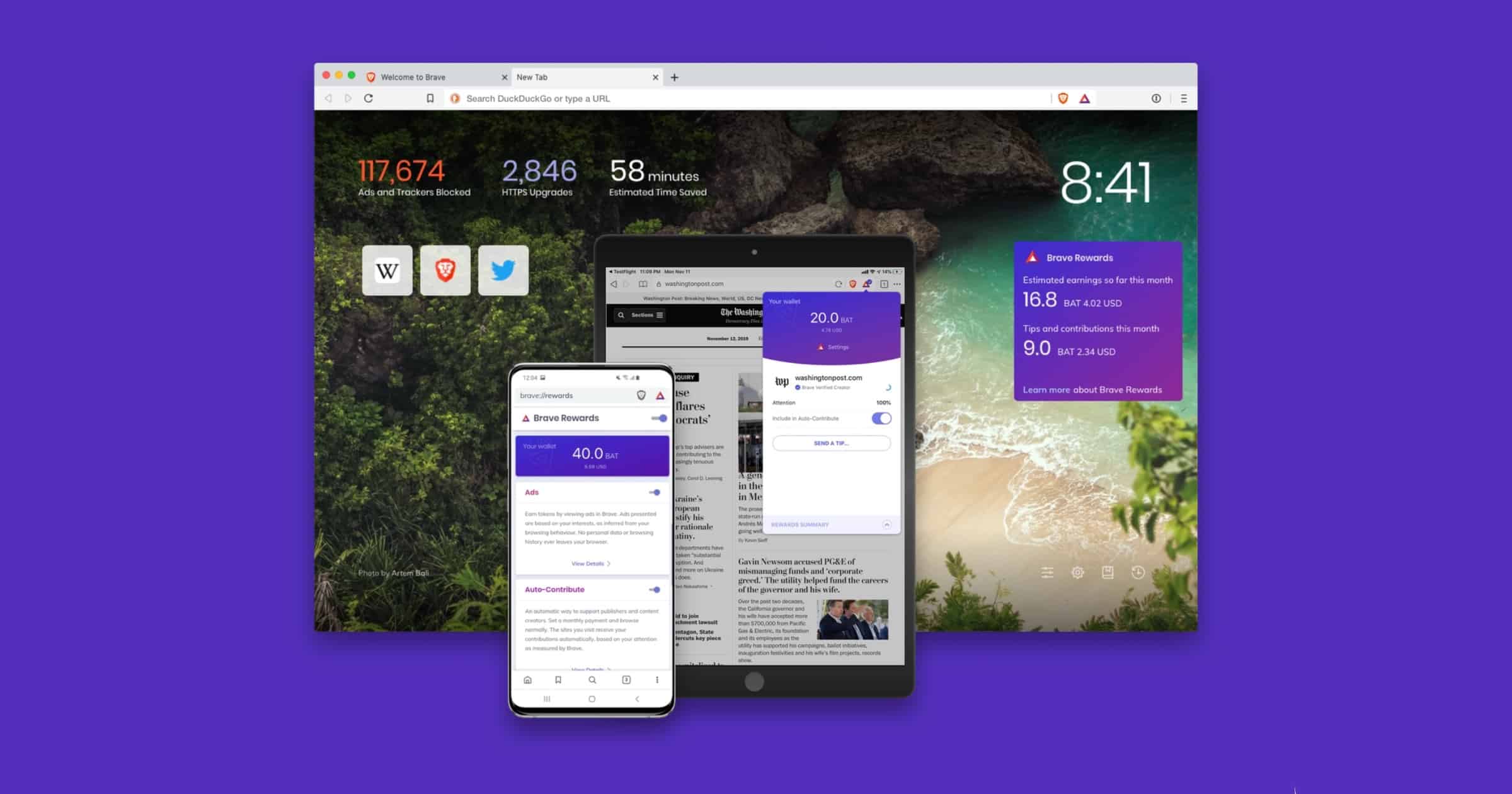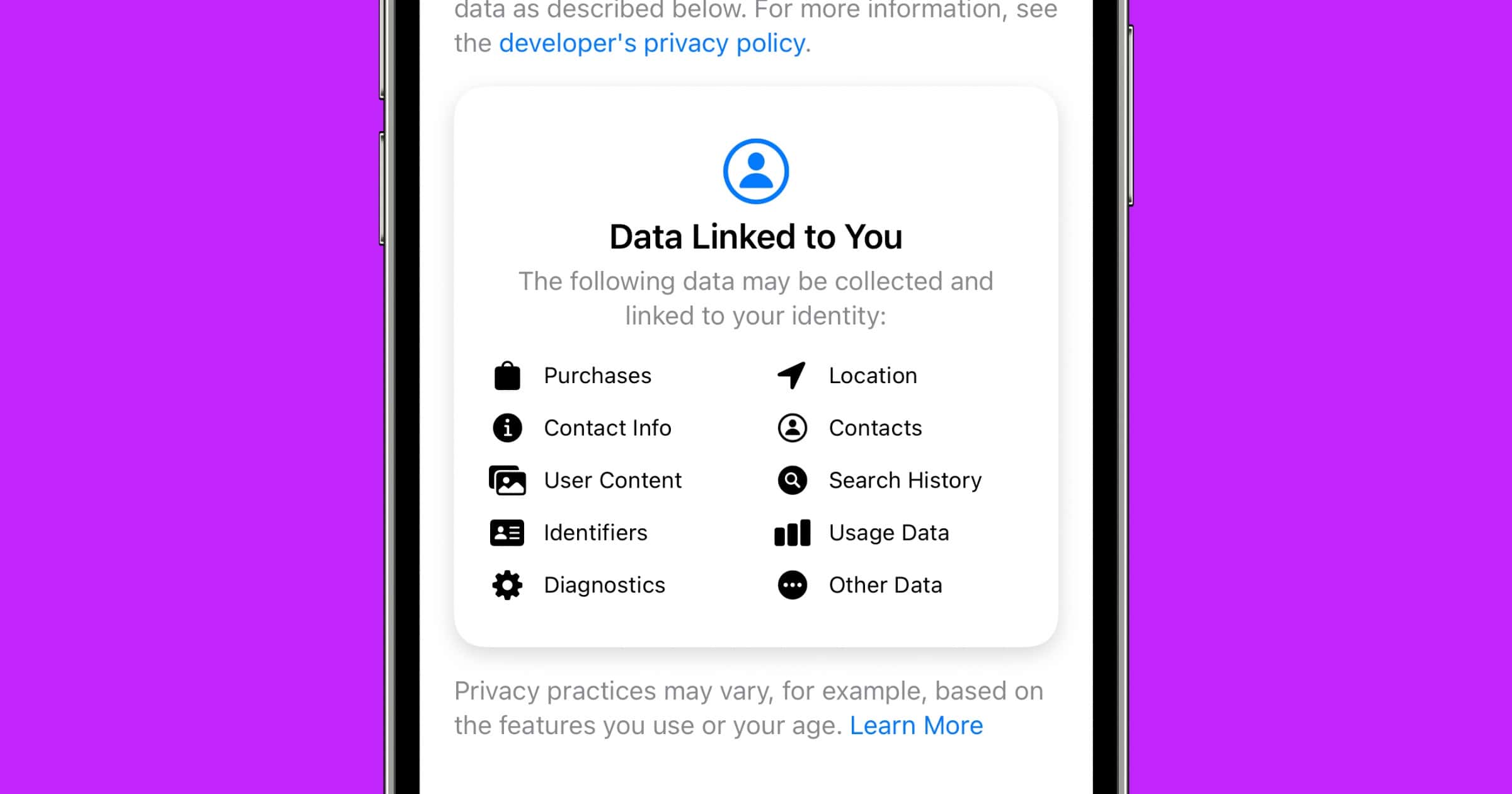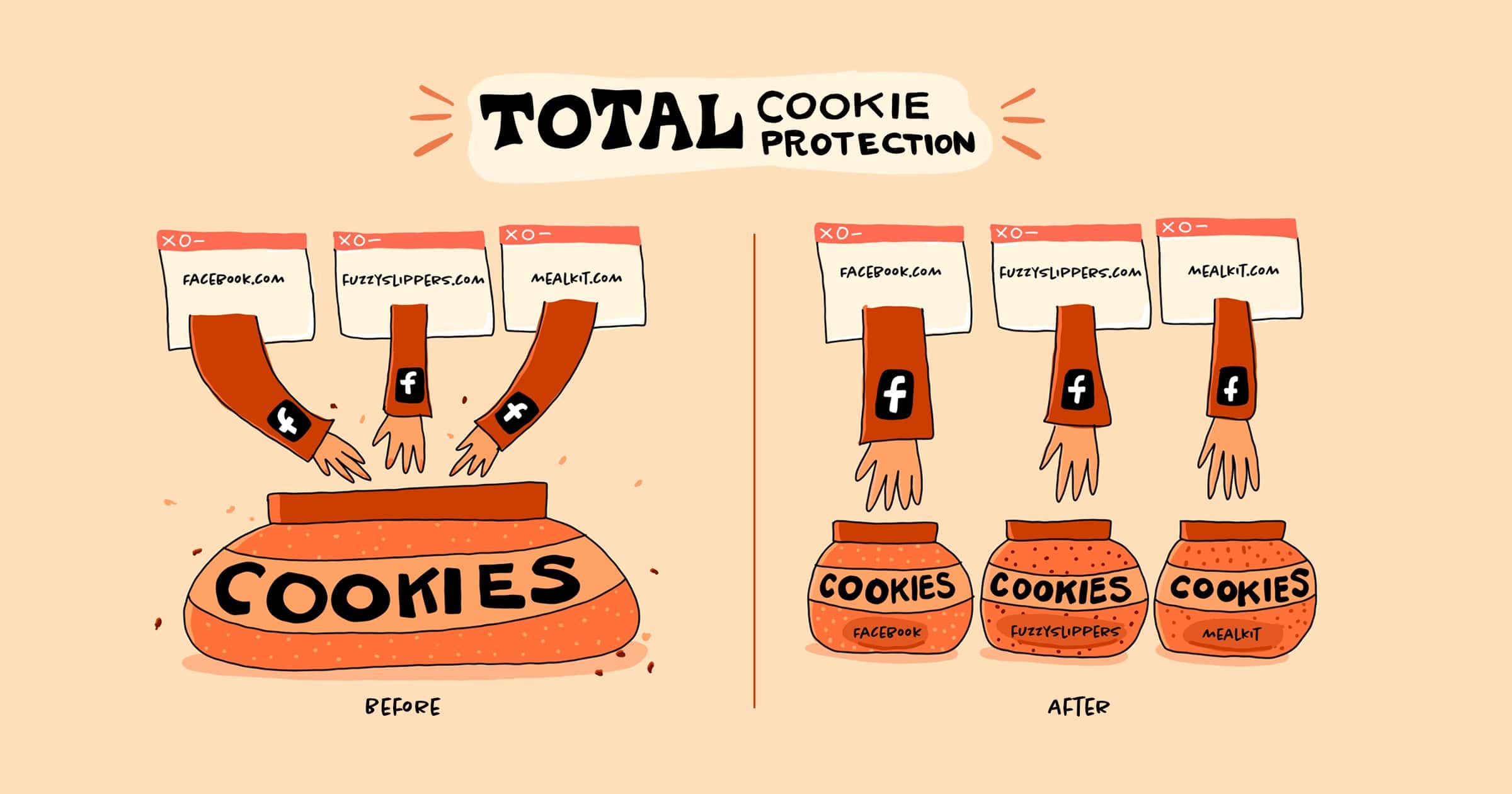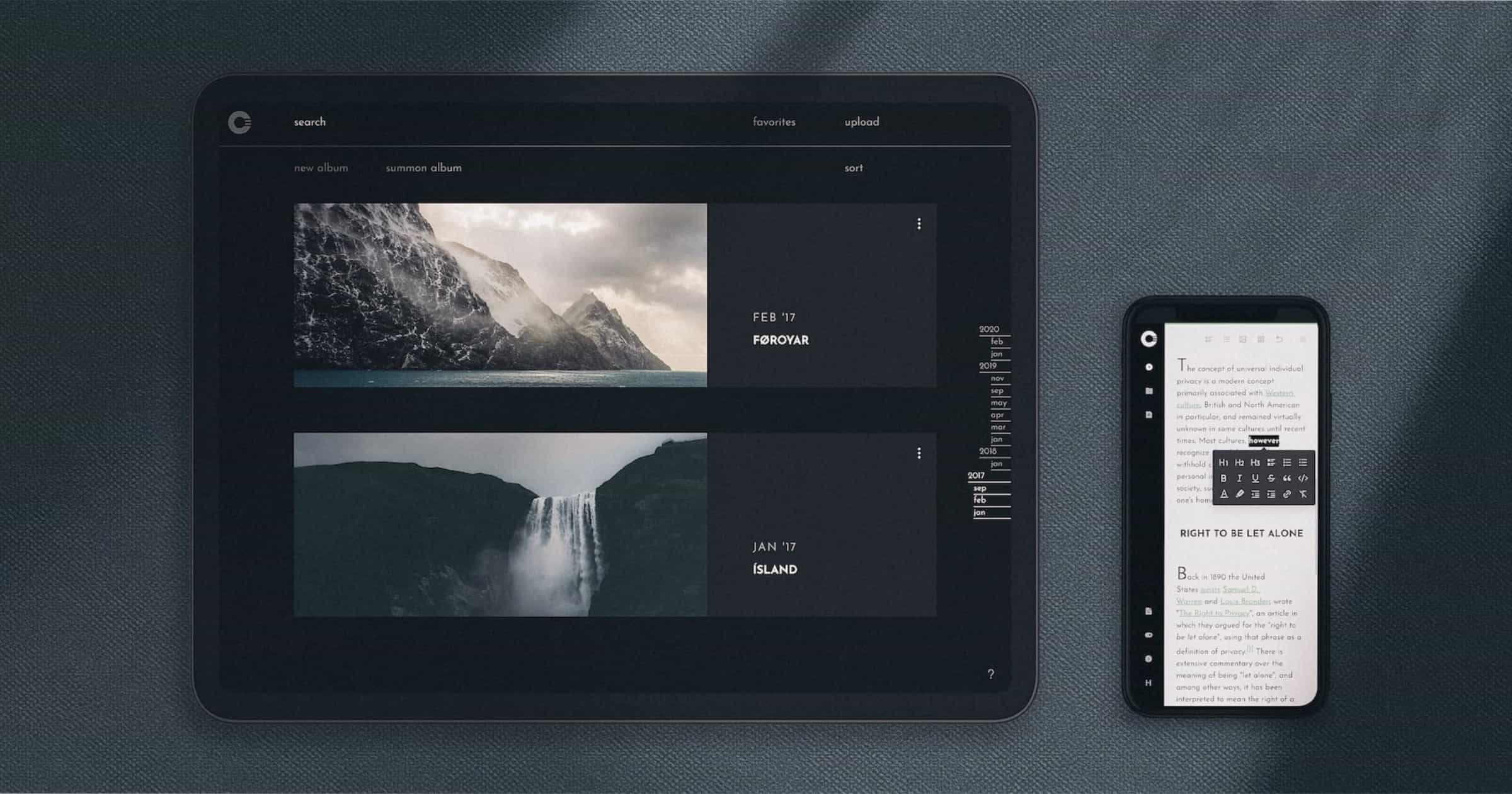A new report says that Apple has been rejecting updates for certain apps, and the cause may be the use of an SDK from Adjust.
privacy
Document Collaboration That Doesn’t Need the Cloud
Collabio Spaces is an interesting new office suite that allows for document collaboration without needing external servers. Unfortunately it requires a subscription, but could be a useful tool for sensitive documents.
The P2P software lets multiple people co-edit a document locally — from a mobile device or desktop computer — without A) the risk of uploading sensitive information to the cloud (i.e. as you must if you’re using a shared document function of a service like Google Docs); or B) the tedium of emailing a text to multiple recipients and then having to collate and resolve changes manually, once all the contributions trickle back.
Most Browser Tracking Protection Isn’t Very Effective by Default
DuckDuckGo wrote on Tuesday that most browser tracking protection doesn’t stop tracking by default. There are multiple ways to track people besides third-party cookies, for example.
The issue is that once such trackers are loaded in your browser, they have a ton of ways to track you beyond just third-party cookies (e.g., by another form of cookies called first-party cookies, by your IP address, and much, much more).
Therefore, to really stop a cross-site tracker, the kind that tries to track your activity from site to site, you have to prevent it from actually loading in your browser in the first place.
Of course, the post is a plug for the DuckDuckGo browser extension, but the details behind tracking are good to know.
French Watchdog CNIL Questions Apple’s Compliance With EU Privacy Rules
CNIL, France’s data regulator, is questioning Apple’s compliance with EU privacy rules over personalized advertising.
Security Friday: News and Hardware Keys – TMO Daily Observations 2021-03-19
Andrew Orr joins host Kelly Guimont to discuss the abundance of news and updates this week, and explain what a hardware key is for your accounts.
Starting April 15, TikTok Won’t Let You Opt Out of Personalized Ads
Starting April 15, TikTok will make personalized ads mandatory whether you want them or not.
TikTok says it is “committed” to respecting the privacy of its users, according to a TikTok spokesperson. “We will continue to be transparent about our data privacy practices and help users understand their privacy choices on our Safety Center.”
People will still be able to control whether TikTok personalizes ads based on data pulled from other apps and websites.
Committed to respecting the privacy of its users. Eye roll.
The Ulysses Group Wants to Sell Location Data to US Military
A contractor with the U.S. military called The Ulysses Group wants to start selling vehicle location data to the military.
Ulysses can provide our clients with the ability to remotely geolocate vehicles in nearly every country except for North Korea and Cuba on a near real time basis. Currently, we can access over 15 billion vehicle locations around the world every month.
pCloud Releases Report on Invasive iOS Apps and Facebook Wins
Cloud provider pCloud released a report of the most invasive apps on iOS. No surprise but apps from Facebook are the worst.
Apple’s New Page Shares Privacy Labels for its Apps
Apple recently created a new webpage that lists all of its apps from A to X and shares information on its privacy labels in accordance with iOS 14.
In-Person Events, Ad Tracking Complaints – TMO Daily Observations 2021-03-09
Bryan Chaffin and Andrew Orr join host Kelly Guimont to talk about getting together in person in June, and the latest complaint against Apple for daring to offer user privacy.
Comparing Privacy Policies: Clubhouse Versus Twitter
Clubhouse and Twitter Spaces are the newest entries to the audio space, but they both do different things with your data. Matt Binder examined their privacy policies.
The two platforms’ approaches to data storage really speak to a major difference in their intended uses. It seems Twitter users will be able to Spaces for more permanent content that they can repurpose for other platforms and mediums; whereas Clubhouse rooms will live strictly in the moment.
I don’t want to spoil the article but it sounds like Clubhouse audio recordings are more ephemeral.
France Digitale Says Apple Users are Shown Personalized Ads Without Consent
Lobby group France Digitale has filed a complaint against Apple, saying its own advertising is shown to users without their consent.
Cryptee Adds DOCX Support for File Editing
Hot on the heels of its big 3.0 update, the next announcement for Cryptee is support for DOCX uploading and editing. You can also export documents as DOCX, making Cryptee a viable cloud-based private alternative to Microsoft Word and Google Docs. However, there is an extra security bonus to Cryptee:
A little known fact about docx files is that, due to the fact that they support macros, and other ways to execute code in them, they are commonly used by malicious third parties to distribute and spread malware viruses. Cryptee does not run / execute macros while opening docx files, allowing you to open / edit / save DOCX files safely, without having to worry about your computer getting infected.
Google Reveals Plan to End Third-Party Cookies
Google wrote a post updating its plans for its Privacy Sandbox project. Its goal is to make third-party cookies obsolete.
we are confident that with continued iteration and feedback, privacy-preserving and open-standard mechanisms like the Privacy Sandbox can sustain a healthy, ad-supported web in a way that will render third-party cookies obsolete.
Once these approaches have addressed the needs of users, publishers, and advertisers, and we have developed the tools to mitigate workarounds, we plan to phase out support for third-party cookies in Chrome.
I don’t know what the new “open standards” will be, but I’m definitely skeptical given the nature of Google’s advertising business. Will there be a new first-party tracking technique? Update: Here’s why the EFF thinks it’s a terrible idea.
Brave Prepares to Launch the Brave Search Engine
Private browser Brave is getting ready to launch its own branded search engine with its acquisition of Cliqz.
The former Cliqz dev team, who had subsequently been working on Tailcat, are moving to Brave as part of the acquisition. The engineering team is led by Dr Josep M Pujol — who is quoted in Brave’s PR saying it’s “excited to be working on the only real private search/browser alternative to Big Tech”.
Interesting move, and I look forward to more private search engines.
AdGuard: Apple’s Private Click Measurement Isn’t Transparent
AdGuard published a piece on Monday examining Apple’s new technology coming to iOS 14.5 called Private Click Measurement.
Google Adds App Privacy Labels to Gmail
This week Google has finally made progress in adding App Store privacy labels to its apps. Gmail is the second app to get a label.
Firefox 86 Introduces ‘Total Cookie Protection’ Privacy Feature
Firefox 86, introduced recently by Mozilla, adds a new privacy feature called Total Cookie Protection.
Total Cookie Protection works by maintaining a separate “cookie jar” for each website you visit. Any time a website, or third-party content embedded in a website, deposits a cookie in your browser, that cookie is confined to the cookie jar assigned to that website, such that it is not allowed to be shared with any other website.
Encrypted Cloud Storage Service ‘Cryptee’ Announces Massive Update
Cryptee is an end-to-end encrypted cloud storage service and announced a huge update on Sunday.
We’ve re-designed the entire platform, re-engineered everything from ground up, added hundreds of new features, and created an entirely new Cryptee experience for you. Along the way we’ve realized it’s going to be a massive leap forward, so we thought we should get a new logo too.
I think Cryptee is a great service and one that I’ve recommended in the past.
Six Mobile ad Companies Form Alliance to Help Navigate Apple Privacy Changes
Six mobile advertising companies have come together to form an alliance in response to forthcoming privacy changes from Apple.
Apple TV Followup, For All Mankind Extras – TMO Daily Observations 2021-02-17
Charlotte Henry and Bryan Chaffin join host Kelly Guimont to follow up on the Apple TV chat from Monday, and look at some For All Mankind extras.
Email Spy Pixels are a Widespread Problem, Says BBC
At the BBC’s request, email service “Hey” analyzed its traffic and found two-thirds of emails sent to users contained a spy pixel.
Defenders of the trackers say they are a commonplace marketing tactic. This information can then be used to determine the impact of a specific email campaign, as well as to feed into more detailed customer profiles. Hey’s co-founder David Heinemeier Hansson says they amount to a “grotesque invasion of privacy”. And other experts have also questioned whether companies are being as transparent as required under law about their use.
These pixels are tiny 1×1 images embedded in photos that can track a variety of data points. You could turn off “Load Remote Images” automatically in Settings > Mail, but then of course they would load along with other photos when you want to see them.
DNS Provider ‘Quad9’ Announces Move to Switzerland
Quad9 is a non-profit DNS provider, so called because of its 9.9.9.9 DNS server. It announced on Wednesday it has moved its headquarters from California to Zürich, Switzerland supported by Packet Clearing House and SWITCH.
Quad9’s move to Switzerland is being facilitated by SWITCH, one of Switzerland‘s centers of competence for internet security. The foundation operates several critical infrastructures and has been committed to greater cybersecurity for decades to make the internet a more secure place for its users. SWITCH is taking a seat on Quad9’s foundation council and contributing to Quad9’s governance.
Interesting move. For many people, private services and companies located in a country like the U.S. is a negative. This is because of the Five Eyes Alliance.
How to Check and Change Privacy and Security Settings on Mac
Users grant apps on your Mac access to features like the microphone or location services, and can change these privacy and security settings

